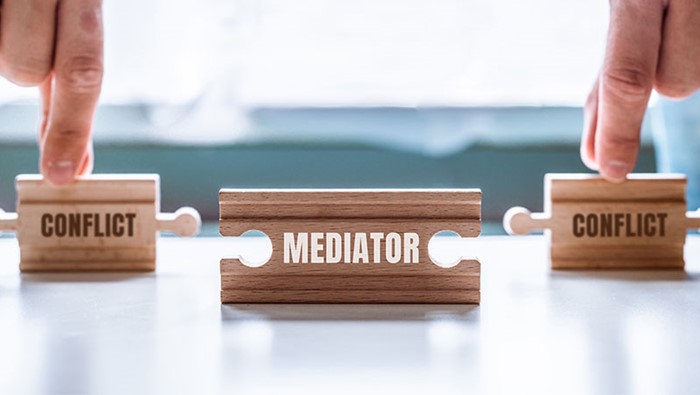When is Family Mediation appropriate? Is it compulsory?
Most matters are appropriate for the family court mediation process.
In parenting and property matters, mediation is a prerequisite before a court application can be filed (except where certain exceptions apply).
Some exceptions to mediation might include where there has been child abuse or significant family violence.
To read more about the exceptions to mediation, check out our article: Do I have to mediate before Court? The exemptions explained.
If mediation does not occur between the parties before court proceedings are filed, you must substantiate to the Court the exception that you say applies which exempts you from participating in mediation and what other genuine steps you have taken to settle the matter, prior to the commencement of court proceedings.
Click below to read about the pre-action procedures for parenting cases and property settlement cases and the limits exceptions when mediation is not compulsory before filing a court application:
In both parenting and property matters, the parties will generally be required to attempt to settle their issues through mediation, prior to the matter being set down for Trial.
You can make life easier by participating in a mediation, without going to Court.
Why mediate? In 9/10 cases, Mediation is the best and most appropriate way to resolve your family law issues quickly and cost effectively, and in order to retain control over the outcome and your future.
What is the family court mediation process?
The family court mediation process is generally as follows:
- An intake appointment is done with the inviting party;
- If Mediation is assessed as appropriate, an invitation is sent to the other party to attend mediation in writing (by post/email) and by telephone;
- The invitation is followed up by a telephone call within the next few days;
- If the invitation to attend mediation is refused, in a parenting matter, a section 60I certificate may be issued where appropriate;
- If the invitation is accepted a mediation is arranged. Mediation can be arranged by the parties or their lawyers at a neutral venue or by zoom.
How long does the family court mediation process take?
The family court mediation process can take anywhere from a couple of weeks to a few months, to set up a mediation. The mediation itself usually goes for 4 hours (half day) and up to 8 hours (full day).
What happens during family mediation?
Mediation may be conducted with the parties at the same location with the parties usually being separated into different rooms. Mediation may also occur by zoom, in which case it is more common for the parties to remain separate for the entirety of the mediation process. Over the course of the day, the family mediator will speak to each of you and your solicitor (if present) about your respective positions and interests. Where invited to do so, the family Mediator may express a view based on their experience and this may include reality testing your position at times in terms of your prospects of success if litigation is necessary at a later stage. However, the family mediator remains at all times independent. Their role is to assist each of you communicate more effectively and to negotiate a compromise that is of each party’s choosing.
The goal is to end the day with a compromise agreement that you each can live with that resolves all or some of the issues in dispute.
What if we reach an agreement at mediation?
The agreement, in a parenting matter, when signed, becomes a Parenting Plan.
If you have reached an agreement with your former partner at the mediation and you seek to make your (property settlement or parenting) agreement legally binding, you will need to seek legal advice from an experienced family lawyer in order to have you agreement made into a Consent Order, which can then be rubber stamped by the court and it then becomes legally binding.
Want to know more about the family court mediation process?
Contact us and book an appointment with one of our experienced Brisbane Family Lawyers to learn more about the family court mediation process. You can also check out the following links:


